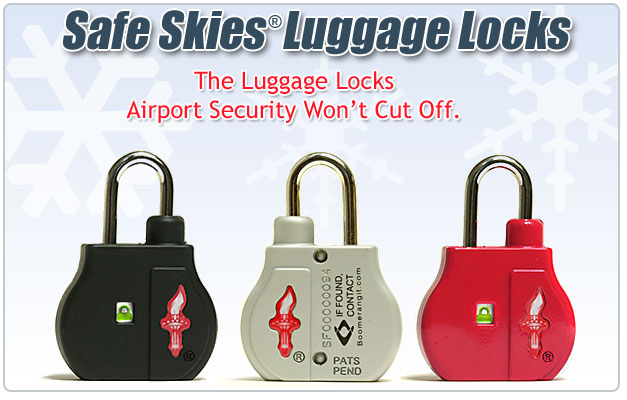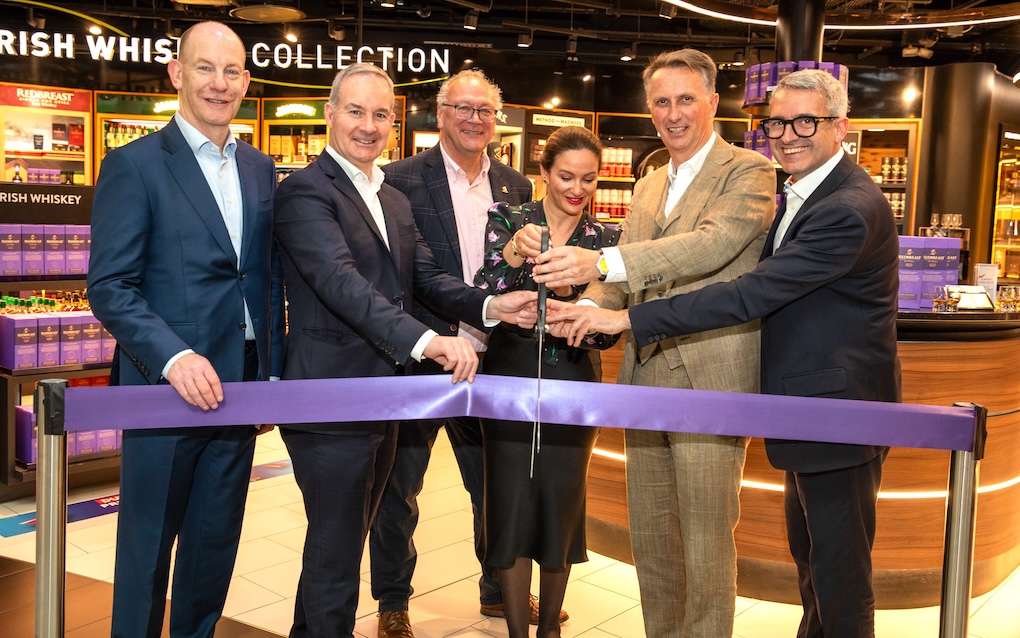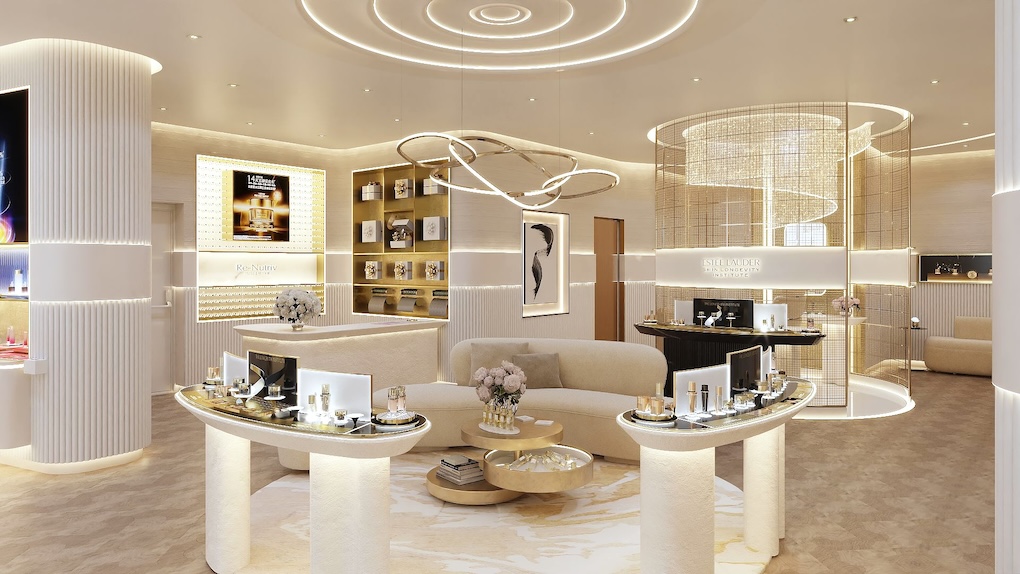USA. Safe Skies, a leading provider of regulatory agency-approved luggage locks for travellers, has welcomed a recent United States Court of Appeals for the Federal Circuit ruling in a long-running patent infringement case.
On 19 December, 2017, the court overruled a district court judge’s summary judgement that a rival company, Travel Sentry (along with the luggage companies that license its lock system), was not liable for “joint infringement” (working in association with the TSA) of a patented method.
The Federal Court remanded the case for further proceedings in light of changes the higher body had made to the law on joint infringement in 2015 (in a benchmark case called Akamai Techs., Inc. v. Limelight Networks, Inc.). Costs were awarded to appellant, Safe Skies Founder, President & CEO David Tropp.
Safe Skies, which has been prominent in the travel and travel retail sectors for several years, said that the decision represents an important victory for patent protection.

Background to a 14-year dispute
Safe Skies was founded by Tropp in 2004. He sued Travel Sentry for patent infringement back in February 2007. The claim followed Travel Sentry’s filing of a Federal Court lawsuit seeking to squash inventor’s rights. That filing was thrown out of the Federal Court in New Hampshire, but Travel Sentry then re-filed in New York. The dispute has continued ever since.
Safe Skies’ TSA-approved luggage locks allow air travellers to lock their checked bags while enabling Transportation Security Administration (TSA) Officers to unlock and inspect them (rather than cut or force open luggage locks during mandatory security inspections). Tropp claimed in 2007 that the TSA Lock technology covered by his US patents was being “knowingly and unfairly exploited”.
“Good for manufacturers and consumers alike”
Tropp said, “The ruling helps ensure that innovations in the travel industry may be properly subject to patent protection. That incentivises innovation in the field, which is good for manufacturers and consumers alike.”
The Federal Court’s decision reaffirms key principles that companies cannot avoid responsibility for patent infringement simply by having different entities perform the steps of a patented method, he commented.
Asked what the decision means for his company’s business, Tropp said, “With the additional business coming our way, as a result of this ruling, we expect Safe Skies’ volume to increase exponentially. That will have the effect of more Customs/Security organisations’ inspectors opening additional luggage locked with TSA Safe Skies locks. Our agreement with the US TSA has been in place for over a decade.
“Safe Skies invented the technology for dual-access locks. Luggage manufacturers and retailers have a significant interest in purchasing locks from Safe Skies, as we have the exclusive right to practice this technology.”
Tropp also claimed there would be a two-fold benefit for travel consumers. “First, by ensuring our lock systems are properly protected by patent rights, we can focus on continuing to improve quality, design, and functionality of the locks that we supply our customers. Second, the ruling creates incentives for Safe Skies – and all other participants in the market – to continue to innovate and create new solutions for customers’ travel needs.”
More agreements coming
Safe Skies has eight agreements in place around the world with aviation regulators. These include the TSA, Her Majesty’s Revenue and Custom (HMRC) in the UK, Canadian Air Transport Security Authority, Israel Airports Authority, and the Swiss, German, Australian and New Zealand governments. “We are not resting on our laurels,” Tropp said. “Actually, many more countries are in the process of recognising Safe Skies TSA Locks. We will announce agreements with more global security agencies shortly.”
He added: “Given the additional confidence from the ruling, we are being approached by new customers in the marketplace. We are satisfying the additional market demand coming our way. We are also continuing to advertise aggressively and develop new products to cater to market needs.”
FOOTNOTE: Safe Skies also brought a similar action in the EU last year. In the interests of balance, The Moodie Davitt Report has contacted Travel Sentry for its response on the latest court initiative. In the meantime, this long-running case, unlike the luggage to which each companies’ locks are applied, remains unclosed.












